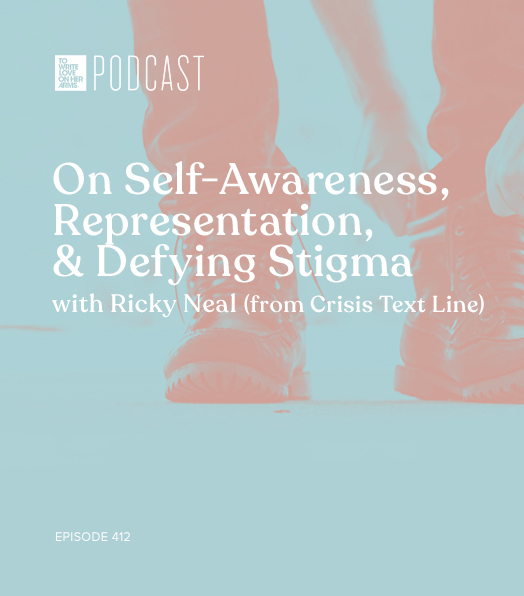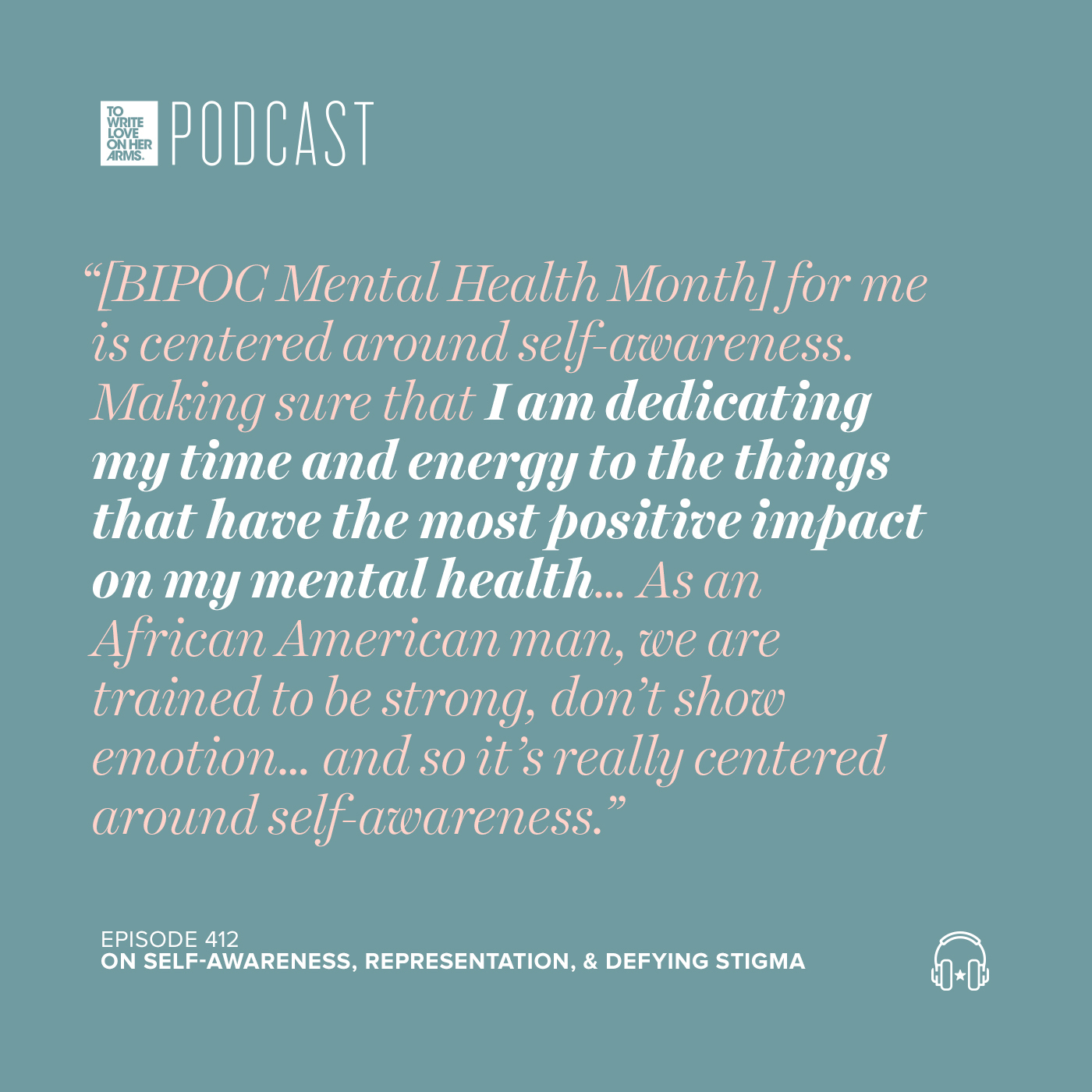
Jul 20, 2021
On Self-Awareness, Representation, & Defying Stigma
with Ricky Neal (from Crisis Text Line)


Jul 20, 2021

July is BIPOC Mental Health Month in the US. It exists to “bring awareness to the unique struggles that underrepresented groups face regarding mental illness” in this country. While mental health challenges impact humans regardless of race, body size, sexual orientation, gender, socioeconomic status, and so on, we also recognize that racism, colonization, police brutality, and white supremacy—among other things—are events and harsh realities that affect BIPOC in a significant way that can not and should not be ignored or dismissed.
In this episode, to help us lean into those things, we’re joined by Ricky Neal, Crisis Text Line’s Volunteer Experience Manager. As a Black man growing up in Laurens, South Carolina, he’ll share his personal mental health experience when it comes to racial identity and cultural stigma, and from a professional lens, Ricky will talk about the importance of having the people on the other end of a call, text, or counseling appointment be able to identify with the unique struggles BIPOC communities face on a daily basis.

“I’m an African American male working in mental health. That is rare. That's not something that I grew up to see. That's not something that my family talked about; we don't talk about mental health, we don't talk about therapists, we don't talk about working in the field of mental health.”
This episode of the TWLOHA podcast was hosted by Chad Moses and produced by Rebecca Ebert. Music assistance was provided by James Likeness and Ben Tichenor.

Sign up for our newsletter to hear updates from our team and how you can help share the message of hope and help.
Join our list